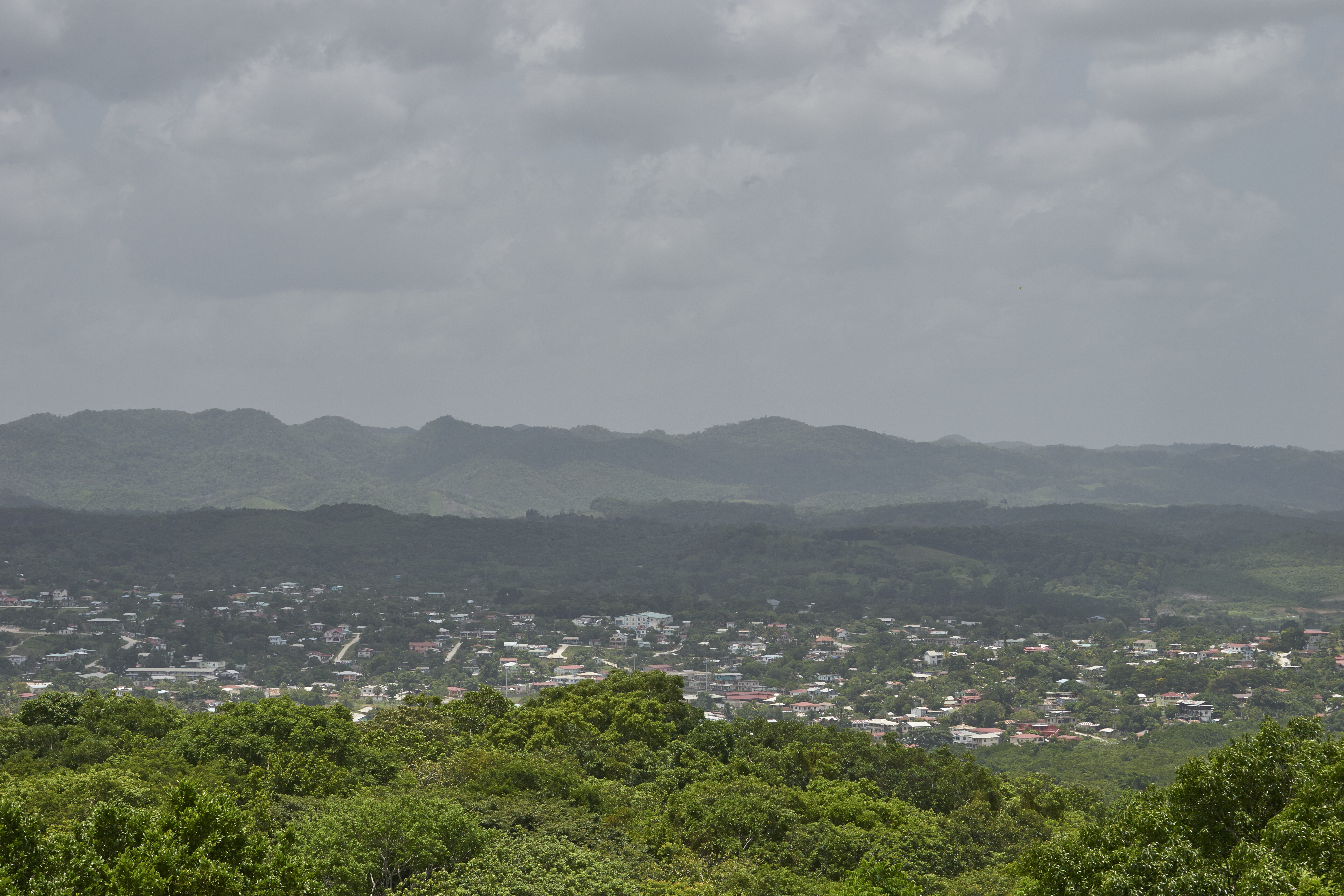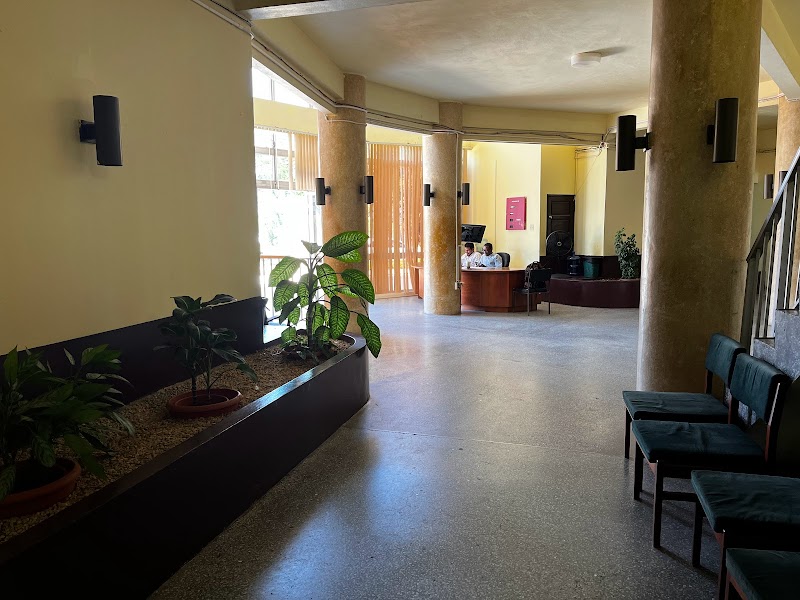George Cadle Price, the first Prime Minister of Belize, was born on January 15, 1919, in Belize City, British Honduras. He was the son of William and Irene Price. Price’s father was a Kriol Belizean, while his mother was of Garifuna descent. Price received his early education at St. John’s Anglican School in Belize City. He then attended St. Michael’s College in Belize City, where he studied for the priesthood. However, Price left the seminary before being ordained and instead pursued a career in politics.
In 1947, Price co-founded the People’s United Party (PUP), which advocated for the independence of British Honduras. Price became the leader of the PUP in 1950 and quickly rose to prominence in Belizean politics. He was elected to the Belizean House of Representatives in 1954 and served as the Chief Minister of British Honduras from 1961 to 1964. During his time as Chief Minister, Price led the country to internal self-government and negotiated a new constitution with the British government.
In 1964, Price became the first Premier of Belize. He led the country to independence from the United Kingdom on September 21, 1981, and became the country’s first Prime Minister. Price served as Prime Minister until 1984, when he was defeated by the United Democratic Party (UDP). He returned to power in 1989 and served as Prime Minister until 1993.
Price was a charismatic and popular leader who is widely regarded as the father of Belize’s independence. He was a strong advocate for social justice and economic development, and he played a key role in shaping Belize’s national identity. Price died on September 19, 2011, at the age of 92.
- Background and History:
- Born on January 15, 1919, in Belize City, British Honduras, to William and Irene Price.
- Father was a Kriol Belizean, and mother was of Garifuna descent.
- Attended St. John’s Anglican School and St. Michael’s College in Belize City before pursuing a career in politics.
- Political Career:
- Co-founded the People’s United Party (PUP) in 1947.
- Elected to the Belizean House of Representatives in 1954.
- Served as the Chief Minister of British Honduras from 1961 to 1964.
- Led Belize to independence from the United Kingdom on September 21, 1981.
- Served as Belize’s first Prime Minister from 1981 to 1993.
- Achievements and Legacy:
- Widely regarded as the father of Belize’s independence.
- Strong advocate for social justice and economic development.
- Played a key role in shaping Belize’s national identity.
- Received the Order of the British Empire (OBE) in 1964.
- Posthumously awarded the Order of National Hero in 2011.

Emblem of Belize
To enrich your insights into presidential figures worldwide, also explore some prominent first presidents from other countries, such as Belgium, Belarus and Barbados. Delving into the leadership journeys of these figures can offer valuable perspectives on their historical significance and pivotal roles in shaping global politics.
The official residence and symbol of the Belize President
10 Iconic Presidents Who Shaped Belize’s History

Belize, a small country located in Central America, has had several presidents since gaining independence from the United Kingdom in 1981. Here are 10 of the most popular presidents in Belize’s history:
- 1. George Cadle Price – George Price served as the Prime Minister of Belize and is widely regarded as the father of the nation. He played a crucial role in Belize’s journey to independence and served as Prime Minister for a total of ten terms.
- 2. Manuel Esquivel – Manuel Esquivel served as the Prime Minister of Belize on three separate occasions. He played a significant role in national development and was known for his economic policies.
- 3. Said Musa – Said Musa served as the Prime Minister of Belize for two terms. He focused on social and economic development and implemented various initiatives to alleviate poverty and promote education.
- 4. Dean Barrow – Dean Barrow served as the Prime Minister of Belize for three consecutive terms. He implemented policies to strengthen the economy, reduce poverty, and improve infrastructure in the country.
- 5. Philip Goldson – Philip Goldson was a prominent politician and served as a member of the Belize House of Representatives for several years. He contributed to Belize’s struggle for independence and was highly respected by the people.
- 6. Manuel Pacheco – Manuel Pacheco served as the Prime Minister of Belize for a brief period. He played a crucial role in the peaceful transition of power and focused on national reconciliation.
- 7. Price Barrow – Price Barrow served as the Prime Minister of Belize for a short period. He aimed to strengthen democratic institutions and worked towards reducing crime and corruption.
- 8. George Price Jr. – George Price Jr., the son of George Cadle Price, served as a member of the Belize House of Representatives. He continued his father’s legacy and fought for social justice and development.
- 9. Wilfred Elrington – Wilfred Elrington served as the Minister of Foreign Affairs in Belize. He played a significant role in international relations and worked towards strengthening Belize’s position on the global stage.
- 10. Dolores Balderamos Garcia – Dolores Balderamos Garcia is a prominent female politician who has served as a member of the Belize House of Representatives. She has actively advocated for women’s empowerment and social welfare.

